What Led Turkey to Suspend Trade with Israel?
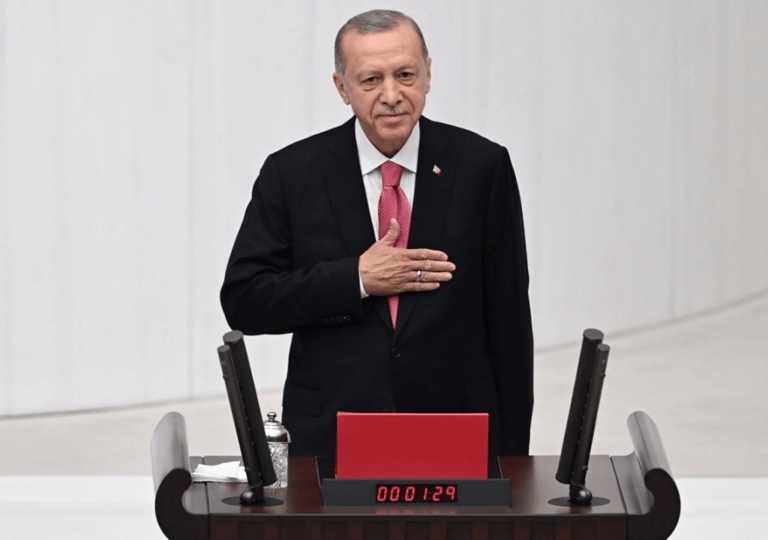
Turkey halts trade with Israel, a bold move against Israel's actions in Gaza, as Erdogan seeks political gain.

Turkey halts trade with Israel, a bold move against Israel's actions in Gaza, as Erdogan seeks political gain.
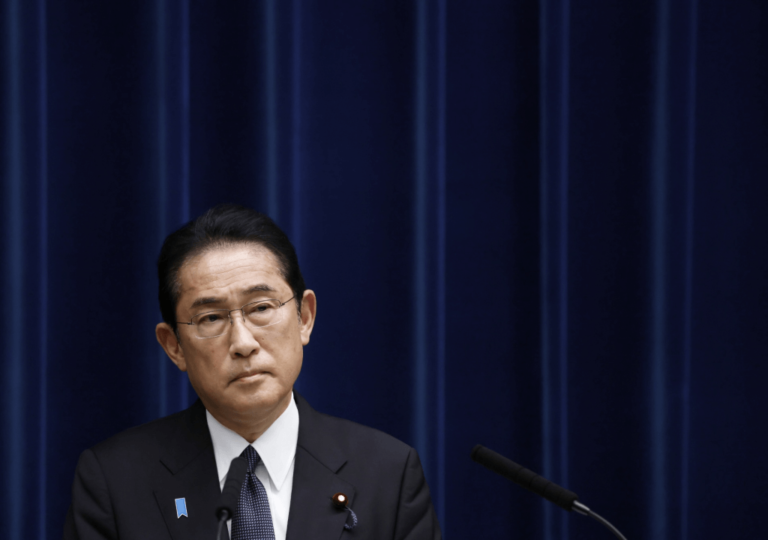
Fumio Kishida, Japan's Prime Minister, faces challenges amid economic woes and political scandals, risking his leadership as voter discontent grows.
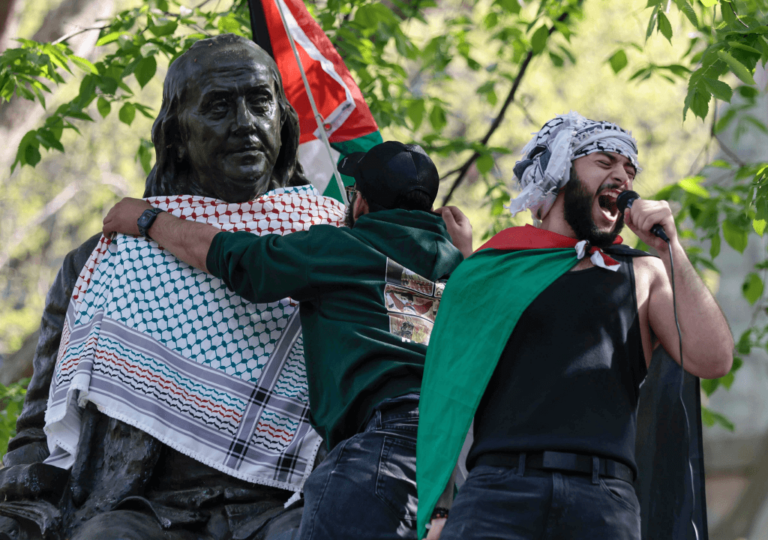
Global Muslim solidarity for Palestine, seen in rallies and protests worldwide, reflects shifting dynamics. Western nations show heightened support, contrasting with subdued responses in the Middle East and South Asia.
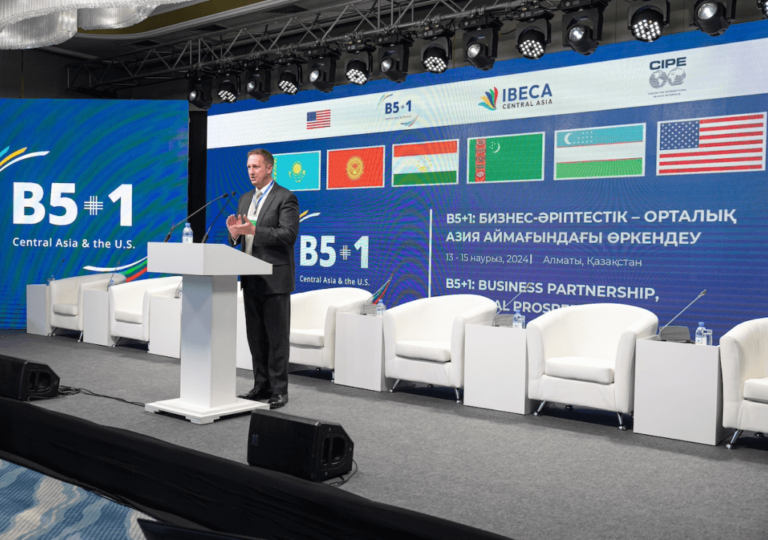
As a necessary step toward creating a single regional market, Central Asian states are removing trade barriers.

US, Japan, and South Korea conduct joint drills near China, while US and allies dominate South China Sea exercises.
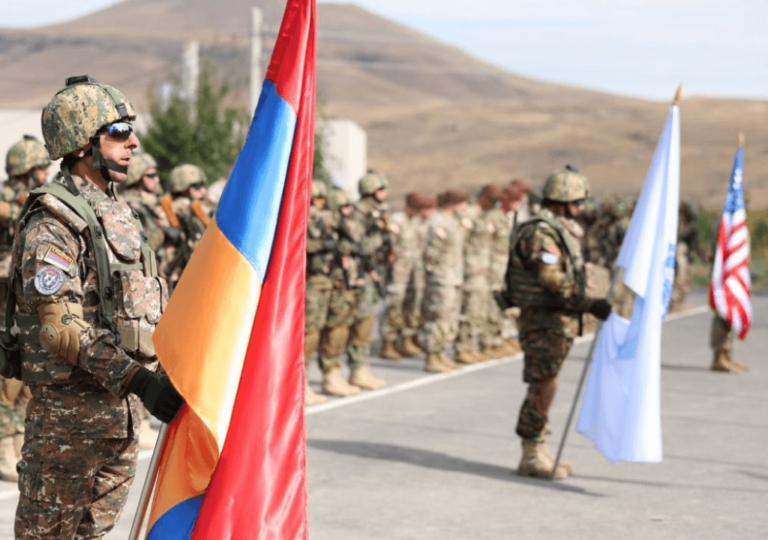
Armenia's loss in the Nagorno-Karabakh conflict led to a shift in alliances towards the West, with the US and EU offering significant aid. This move, while not aimed at severing ties with Russia, signals a potential strain in Armenia's relationship with its historical ally.
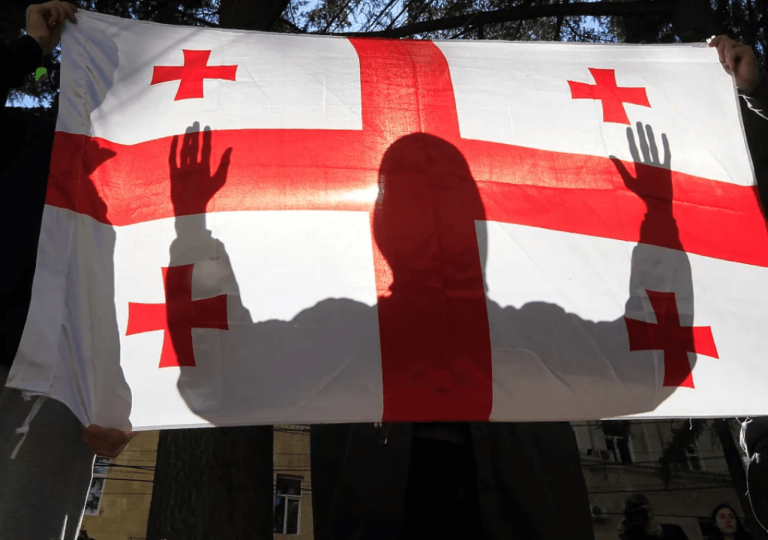
Georgian Parliament Passes Controversial Foreign Agents Bill; Protests Erupt: Georgia's parliament passes a bill requiring foreign-funded media and NGOs to register as "foreign agents," sparking protests and EU criticism. The bill contradicts democratic reforms needed for EU membership.
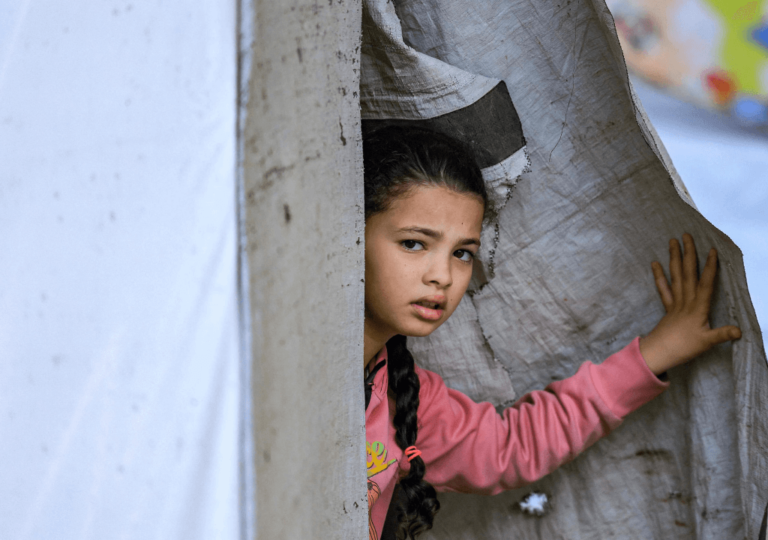
Recent global shifts challenge US supremacy; Gaza conflict reveals geopolitical complexities, impacting alliances and reshaping the Middle East's dynamics.
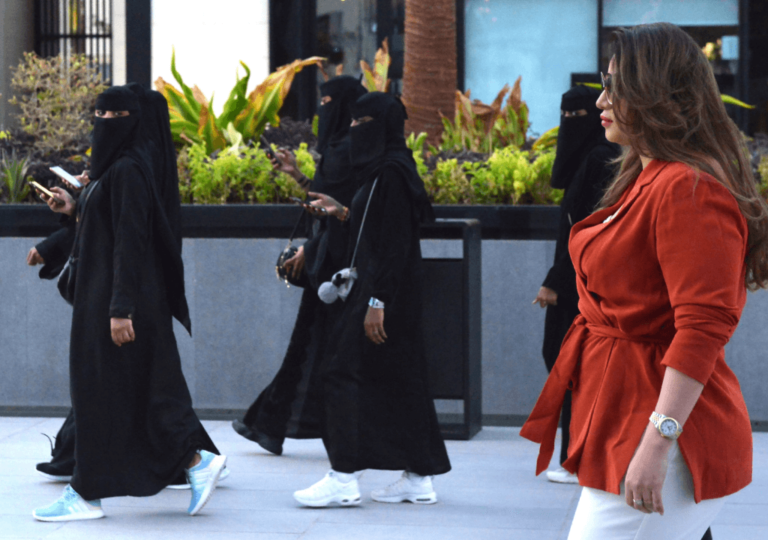
Saudi Arabia's leadership of UN women's commission sparks outrage amid stark gender rights disparities, drawing condemnation from human rights groups.
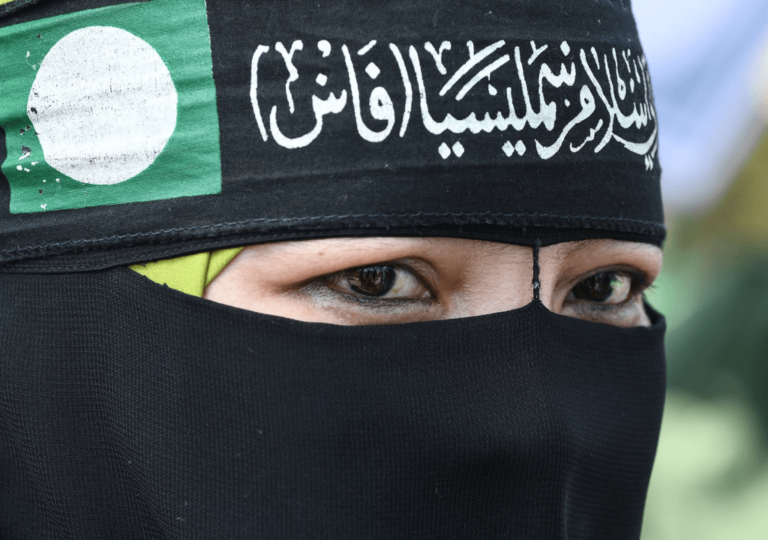
In Malaysia and Indonesia, Islamic parties gain momentum, reshaping politics toward conservatism amid societal shifts, potentially altering national identities.